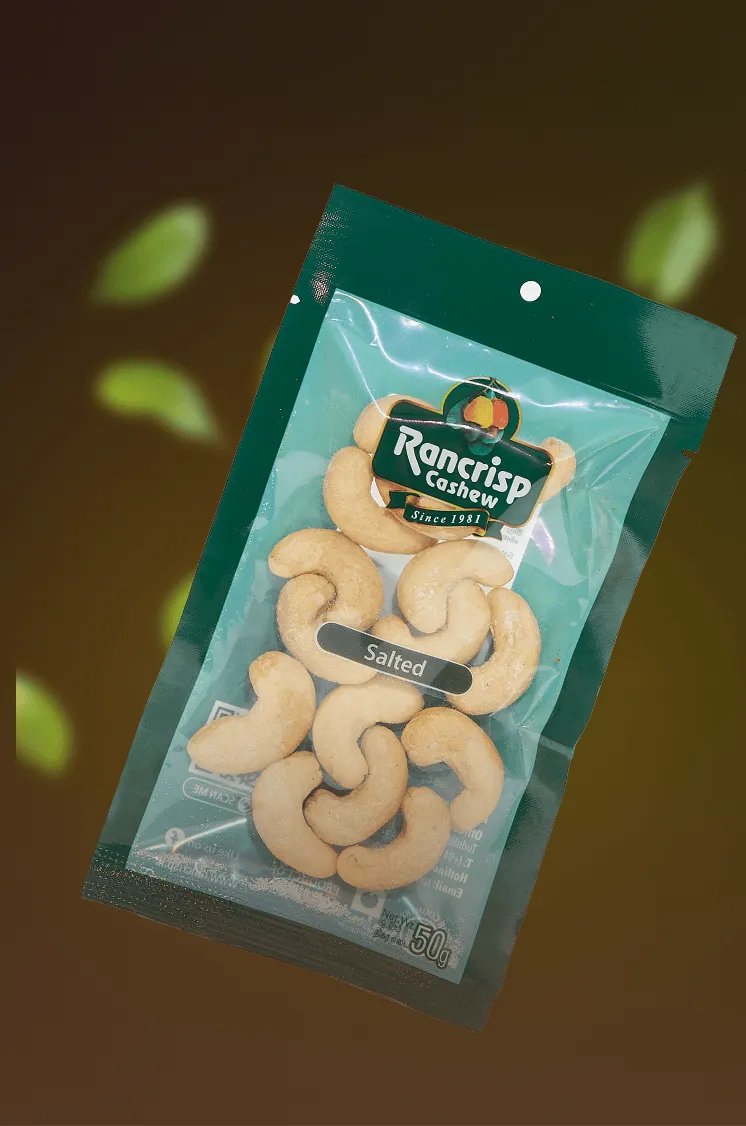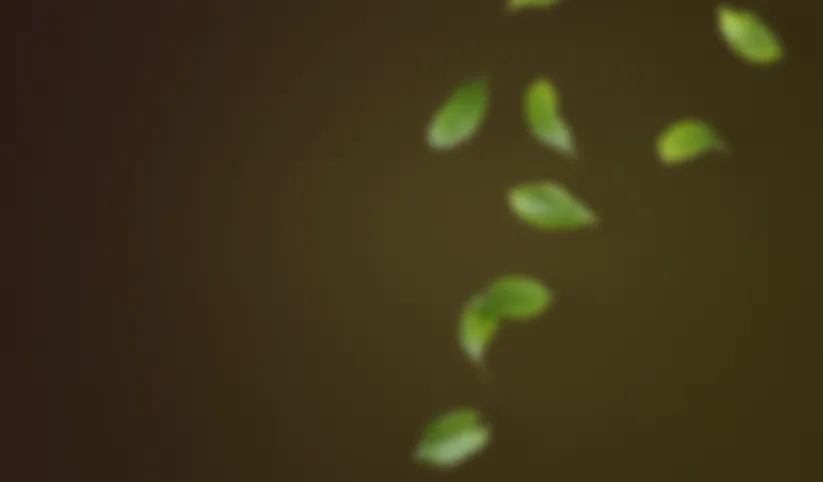
Behind the
Brand
- Home
- About Us

Eden Thamel was a man with innovation and futuristic vision. He would see things some 20 or 30 years ahead perhaps, and work on his own vision to create things anew. Having started his career as a court clerk under a leading lawyer, young Eden learned to be a methodical man in his early twenties. Then he joined the government service and held many positions in many departments. While working as a government servant he did not want to waste his leisure time without making use of his innovative ideas. So Eden started a poultry farm in the mid 1970’s with his own design. In his farm feeding, cleaning, and managing everything looked different from all other farms in the neighborhood. However, as we look back from some forty-odd years later, it is evident that Eden knew what would a modern farm of our time look like. Such a bookworm he was, that he had a keen sense to read events and people too with his experience which supported his innovative thinking in return.
At the dawn of 1980, Eden was a father of two lovely kids and a man with more responsibility. During this time there was a voluntary retirement scheme on offer for the government servants who had completed 20 years of service. Eden saw this as a long- awaited opportunity to put all his innovative thinking into practice as best as he could and quitted his job. With VRS compensation in hand, he pondered what should be the best alternative for him with available resources and saw a yet untapped potential of a cashew business in his area. He was inspired by his friend Mr. Wijewansa who was a cashew wholesale businessman at that time.
It was a time that imported processed cashew was available in supermarkets while local produce was just sold at pavements and small kiosks with no value addition. Having examined the situation, Eden’s first step was to construct his basic food processing factory in his home garden, of course according to his own design. He purchased a peeler and some basic machinery that was necessary to his operation which was heavily relied on manual labour. His idea was to make a value added cashew pack of international standard to compete with imported cashew packets in leading supermarkets in the country. His wife, Mrs.Thamel (Suneetha Perera), was always supportive to his business venture, although typical housewives do not encourage men to leave government jobs. Eden wanted to create an everlasting brand name for his product. Joseph Nasarenu who was one of his relatives and a close friend more than that, came up with a good suggestion- ‘Rancrisp’. As ‘Ran’ is a synonym to Gold in Sinhala, ‘Rancrisp’ would translate in to a ‘golden –crisp’ which would be a long lasting brand name in contrast to product names connected with people’s names of that era, thought Eden. On 16th June 1981, with a heart filled up in good hopes for a better future , Eden loaded his scooter with the first batch of his production and rode towards Tony Rasahala in JaEla in the morning to do his first sale. To his great luck, Mr Tissa Fernando, the manager, who was keeping the sweet shop in international standard, was also there.
Tissa Fernando was more than happy to purchase the well processed value added cashew packs and encouraged Eden to keep up with the good work. It was a time just raw cashew was sold at market. Therefore, when locally manufactured 'Rancrisp' products are seen in many varieties such as roasted cashew, devilled cashew, salted chilly cashew ,burned cashew , fried cashew and so on coming in high quality packaging people loved it. Before soon 'Rancrisp' cashew was seen in the shelves of Cargils, Millers, Anglo Asia and all leading supermarkets. The initial investment was around Rs. 5000/- and the work force was just 5 persons. It was a 90% manual process but strictly supervised by Eden Thamel who knew the future of the market trends. A kilogram of raw cashew could be purchased for Rs.22.50 at that time and human labor too was cheap. Mrs. Thamel helped her husband in book keeping as 'Rancrisp' was a family business. Gradually the demand for quality, processed cashew grew up and many others followed Mr. Eden Thamel's example and ventured in to processing cashew with value addition. Yet Eden was the pioneer who invented burned cashew packets and many other value-added varieties to a market dominated by imported cashew. As the business expands, a sales outlet was opened up in Ja Ela town and the delivery scooter was replaced by a Morris Minor car; then a Ford Prefect and a Delica Van. Work force also grew up. In mid 90's, Rancrisp factory was expanded and exporting the products to Maldives was begun. Within a span of two decades Rancrisp Cashew became an internationally reputed brand for quality and tasty cashew products due to hard working and innovative thinking of its founder Mr. Eden Thamel who should be specially appreciated for his contribution in turning the Sri Lankan cashew industry to a value added , profit making business.

" To become the most preferred cashew producer and the exporter in Sri Lanka. "

" To develop the quality and safety standars of the cashew industry and incorporate the state of the art technology to the cashew processing while introducing new value-added cashew products to the market. "
Recognized for excellence in quality and innovation, our journey sets industry standards. With a focus on sustainability and customer satisfaction, we continue to push boundaries, ensuring premium cashew products. Every accolade reflects our commitment, driving us forward in a competitive global market.
